Sports nutrition stands at the crossroads of performance, health, and science. As athletes continue to push human limits and everyday individuals embrace fitness, the demand for personalized, research-backed nutritional strategies is greater than ever. Whether you're a student seeking a thesis topic, a coach looking to support your athletes better, or a nutritionist aiming to deepen your knowledge, diving into the right sports nutrition topic can be transformative.
Here’s a comprehensive guide to some of the most relevant and engaging sports nutrition topics you can explore today.
1. Emerging Research Topics in Sports Nutrition
These are cutting-edge areas where the science is evolving rapidly:
-
Nutritional genomics and athletic performance
-
The gut microbiome’s role in recovery and endurance
-
Ketogenic diets for high-intensity athletes: help or hindrance?
-
Adaptogens in sports performance: ashwagandha, Rhodiola, and beyond
-
Plant-based vs. omnivorous diets in strength athletes
-
The effect of time-restricted eating on muscle retention in resistance training
2. Classic yet Evolving Sports Nutrition Topics
These subjects remain essential due to ongoing discoveries and practical relevance:
-
Hydration strategies for endurance athletes
-
Macronutrient timing: pre- and post-workout nutrition protocols
-
Creatine beyond bodybuilding: neurological and recovery benefits
-
Carbohydrate loading: does it still work?
-
Protein needs across different training intensities and ages
-
The impact of alcohol on muscle recovery and hydration
3. Topics in Youth and Female Athlete Nutrition
The following themes are vital to underserved populations in sports research:
-
Energy availability in adolescent athletes
-
Relative Energy Deficiency in Sport (RED-S): signs and solutions
-
Nutrition strategies for female athletes across the menstrual cycle
-
Bone health and micronutrient needs in teenage competitors
-
Eating disorders and body image in youth athletics
4. Sports Nutrition for Injury Prevention and Recovery
Nutrition is a powerful tool for recovery — both physical and psychological:
-
Omega-3 fatty acids for inflammation and joint health
-
Collagen supplementation for tendon recovery
-
Nutritional support in post-concussion syndrome
-
Antioxidants: when they help and when they may hinder adaptation
-
Vitamin D and calcium in stress fracture prevention
5. Real-World Performance Nutrition Research Topics
If you’re looking to bridge science and application, consider these:
-
Customizing hydration plans based on sweat rate and electrolyte loss
-
Supplement use patterns in collegiate vs. professional athletes
-
Nutrition compliance in team vs. individual sports
-
Glycogen resynthesis strategies in double training days
-
Nutrient timing differences in power vs. endurance sports
6. Under-Explored Niches in Sports Nutrition
These lesser-discussed areas are ripe for new research and publication:
-
Nutrition for esports and cognitive athletes
-
Effects of altitude on appetite and nutrient absorption
-
Circadian rhythm and meal timing for shift-training athletes
-
Psychedelics and microdosing: implications for performance nutrition?
-
Nutrition strategies for masters (40+) athletes
Personal Experience: When Science Met Real Life
During my years working with a group of amateur triathletes preparing for their first Ironman, I saw firsthand how nuanced sports nutrition truly is. One of the athletes, a 42-year-old mother of two, was unknowingly training in a state of low energy availability. She felt constantly fatigued and injured easily. While her macronutrient intake seemed textbook-perfect, she wasn’t eating enough total calories to match her energy expenditure. Once we adjusted her fueling — especially increasing her carb intake before and after workouts — her recovery improved dramatically, and she went on to complete her race strong and smiling. That moment reinforced a crucial lesson: nutrition science must meet individual context to be effective.
Final Thoughts
Whether you're exploring sports nutrition research topics for academic purposes or seeking to improve athlete outcomes, there’s no shortage of compelling directions to go. From biochemical pathways to behavioral compliance, and from elite competitors to recreational lifters, sports nutrition is as broad as it is deep. Pick a topic that resonates with you — and let the research elevate your practice or publication.




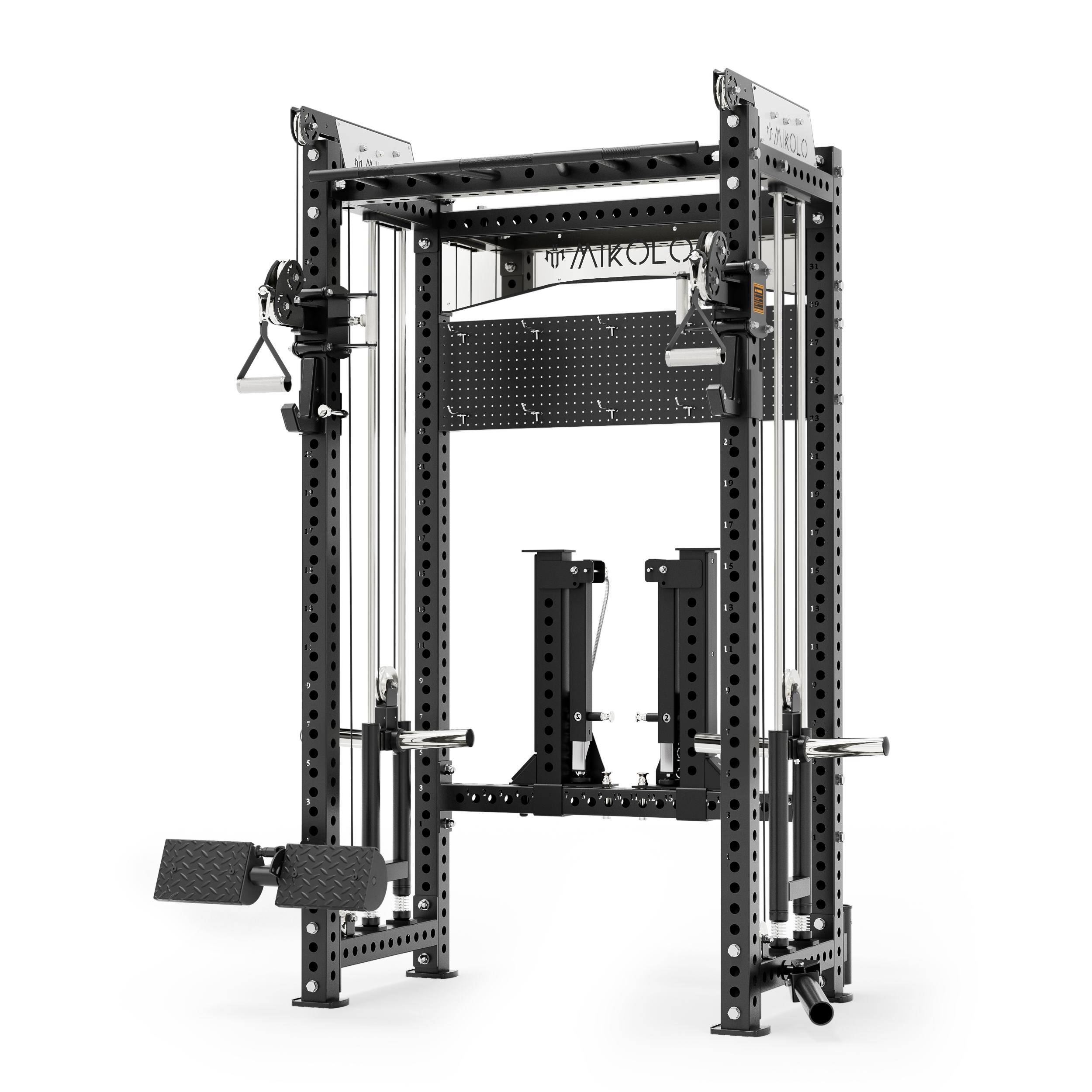


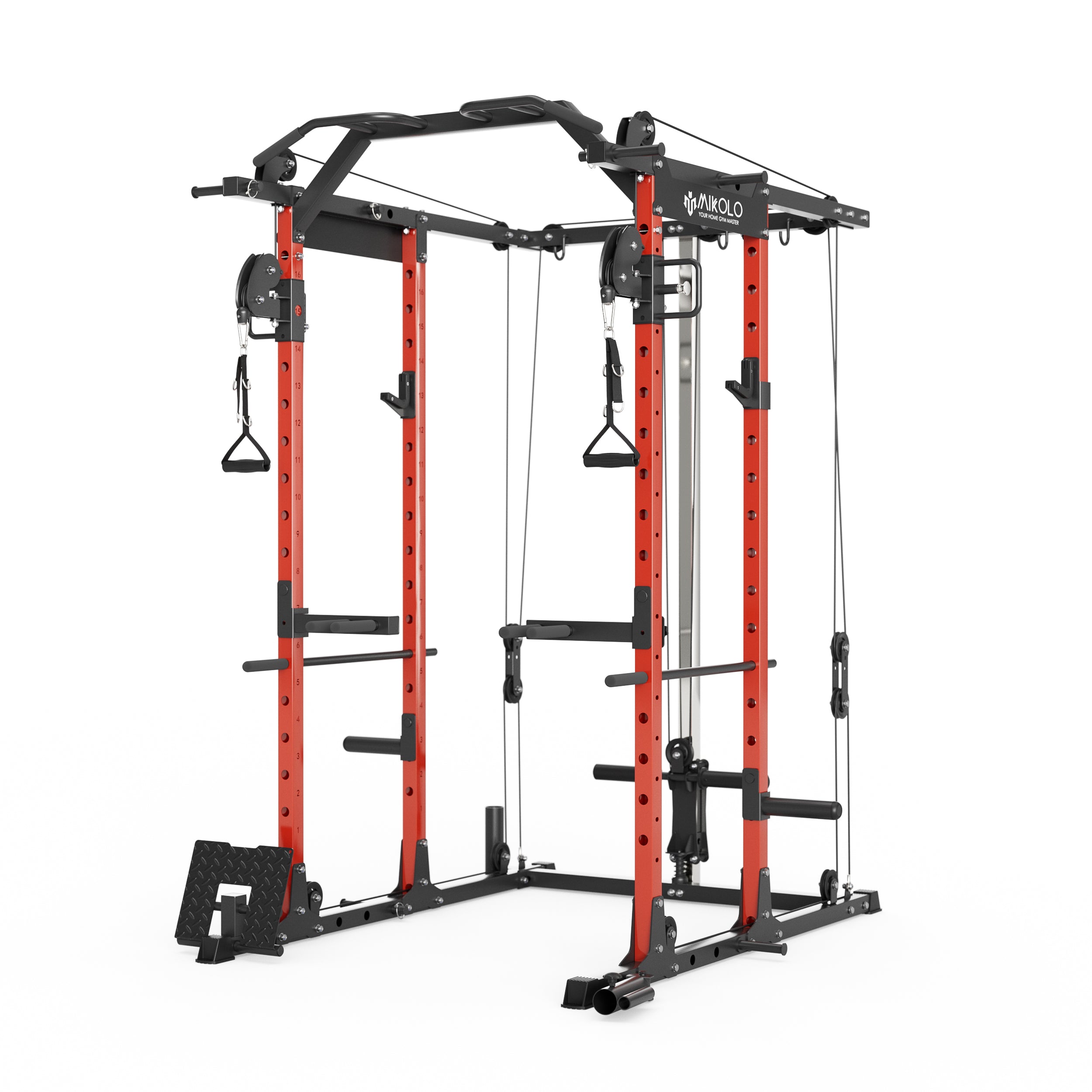
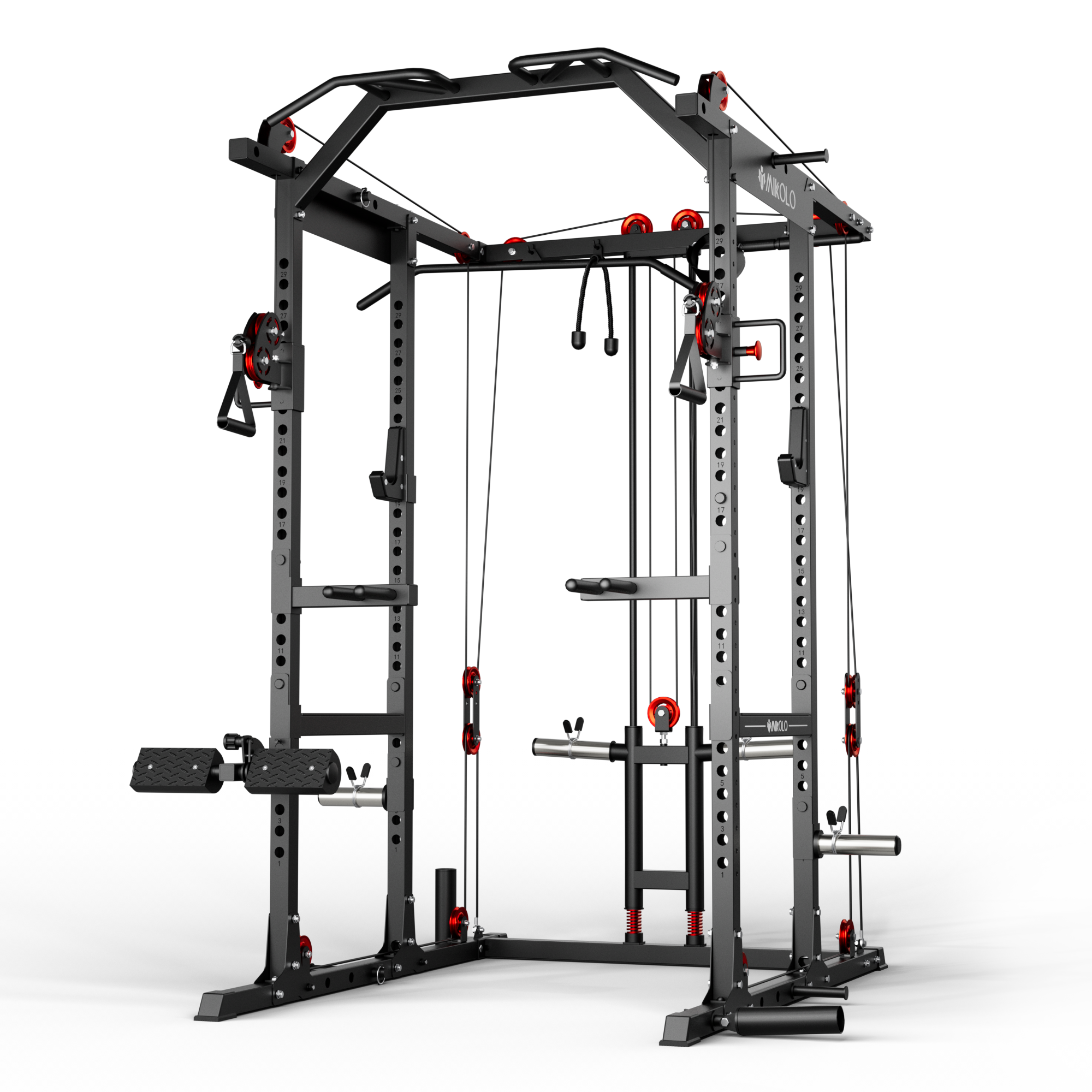

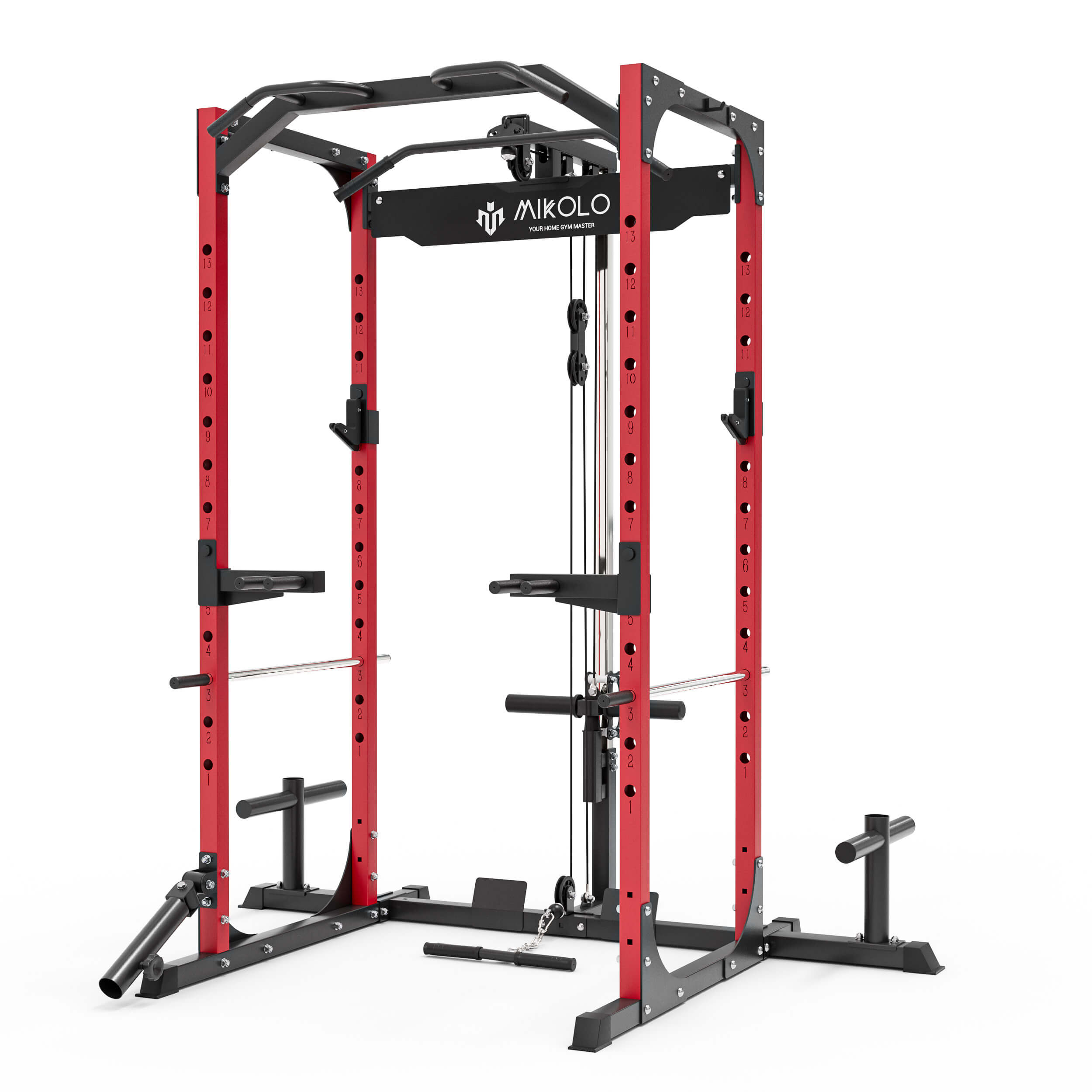




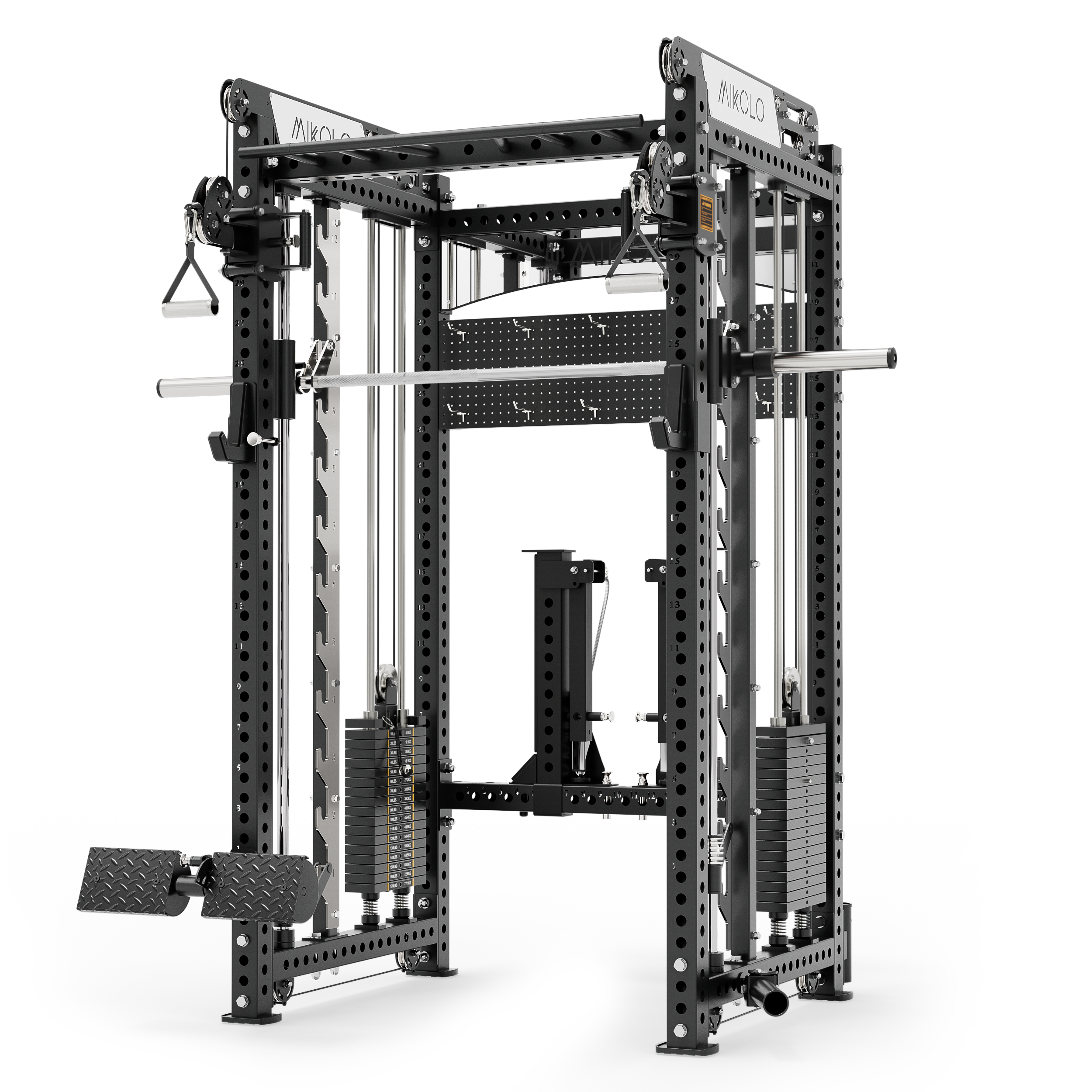

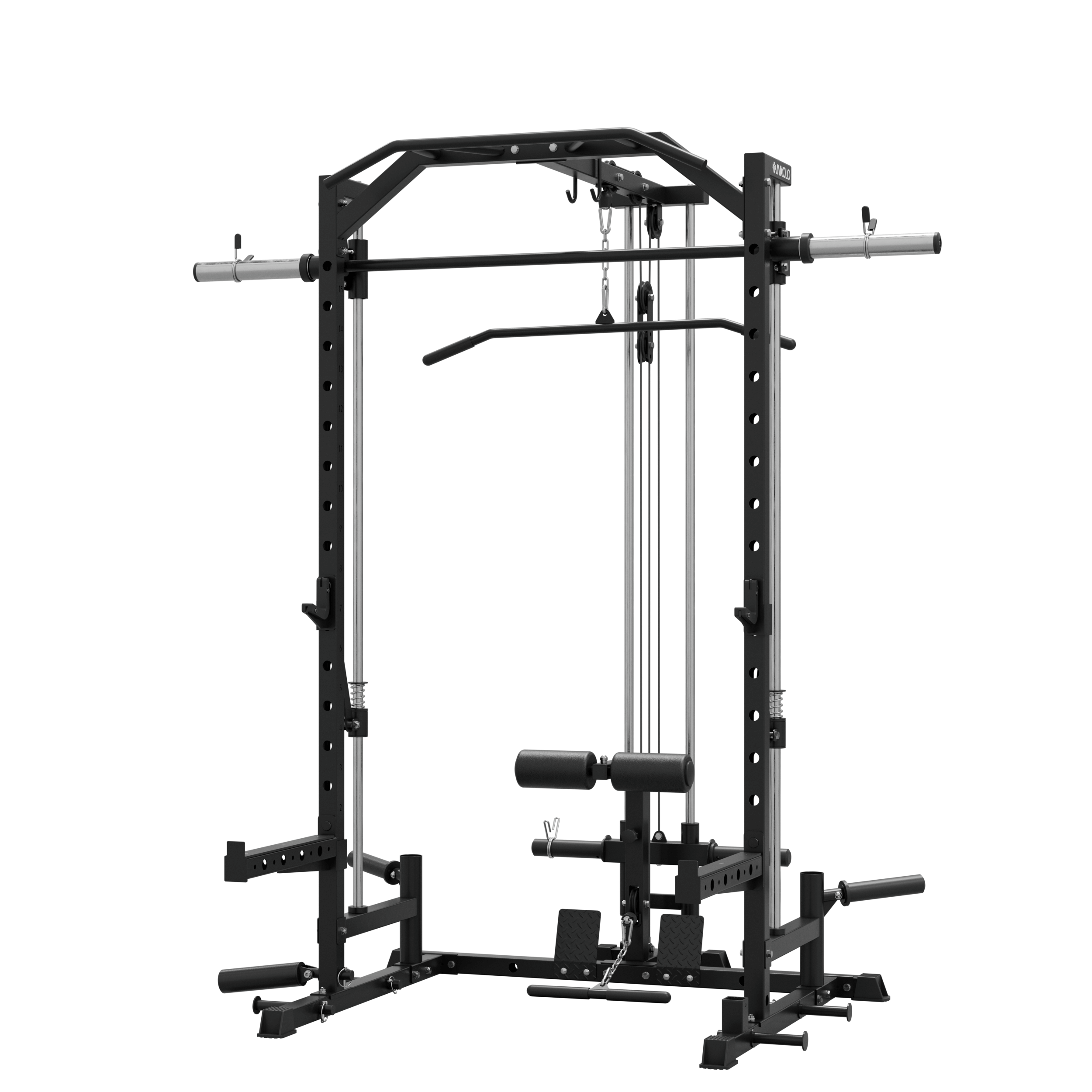
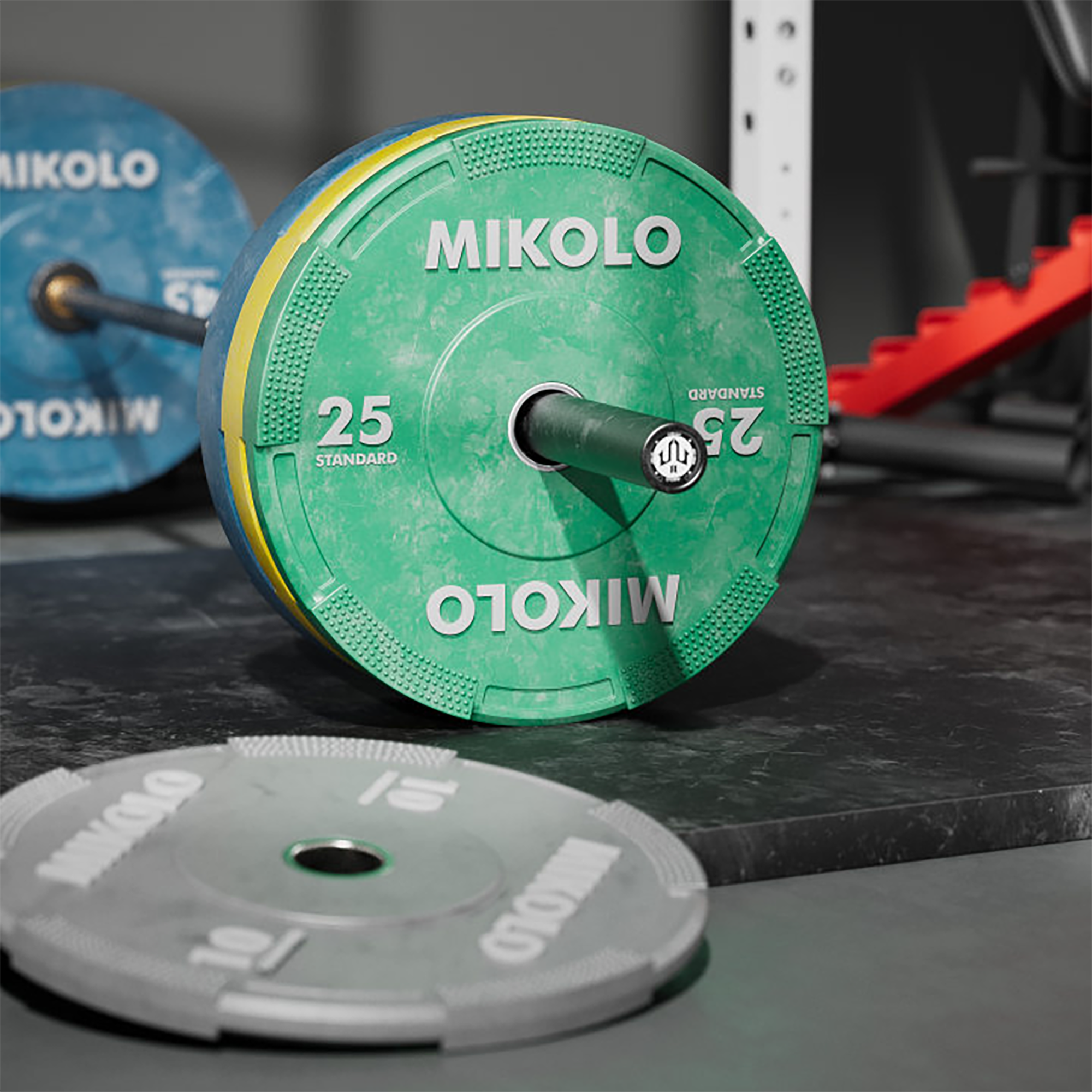












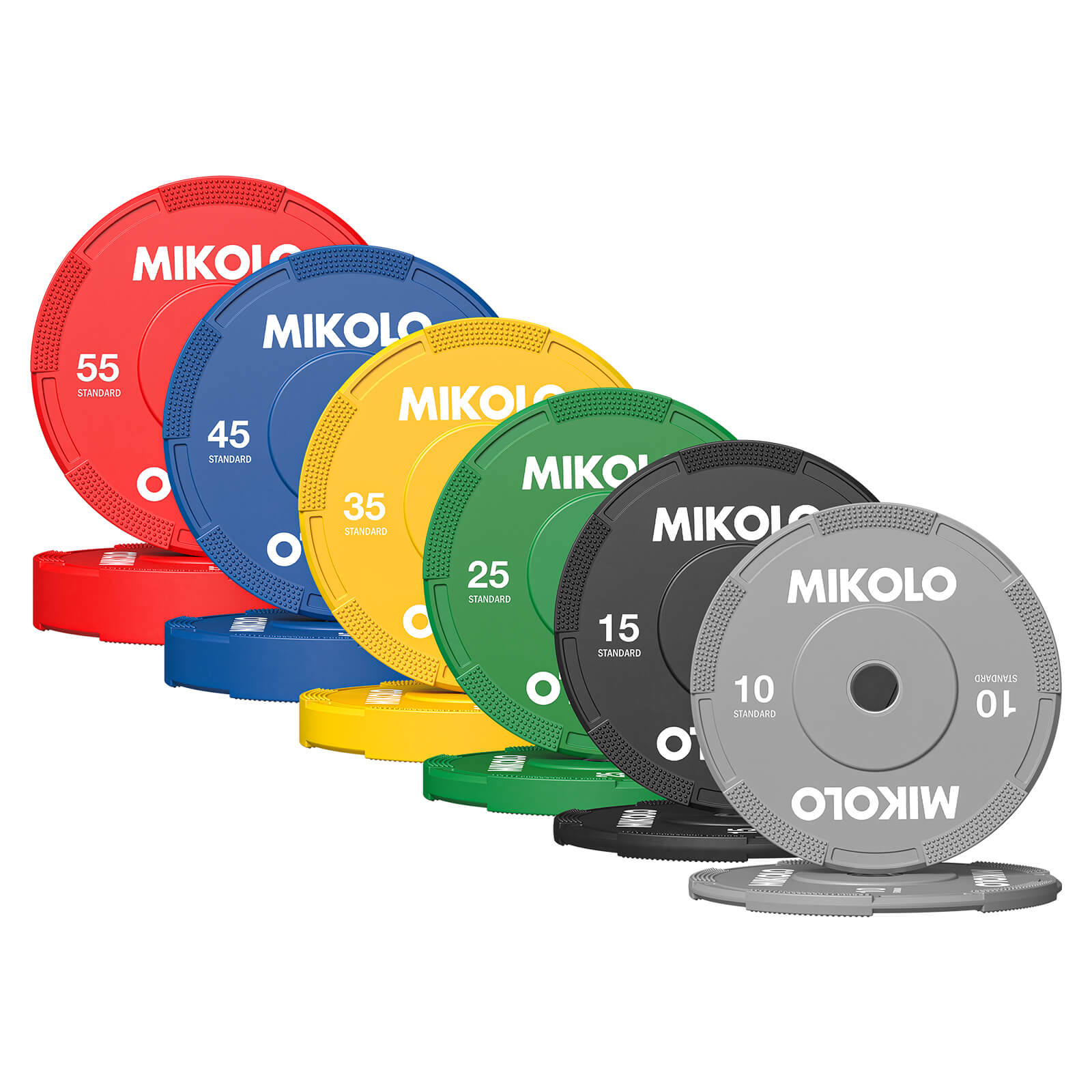

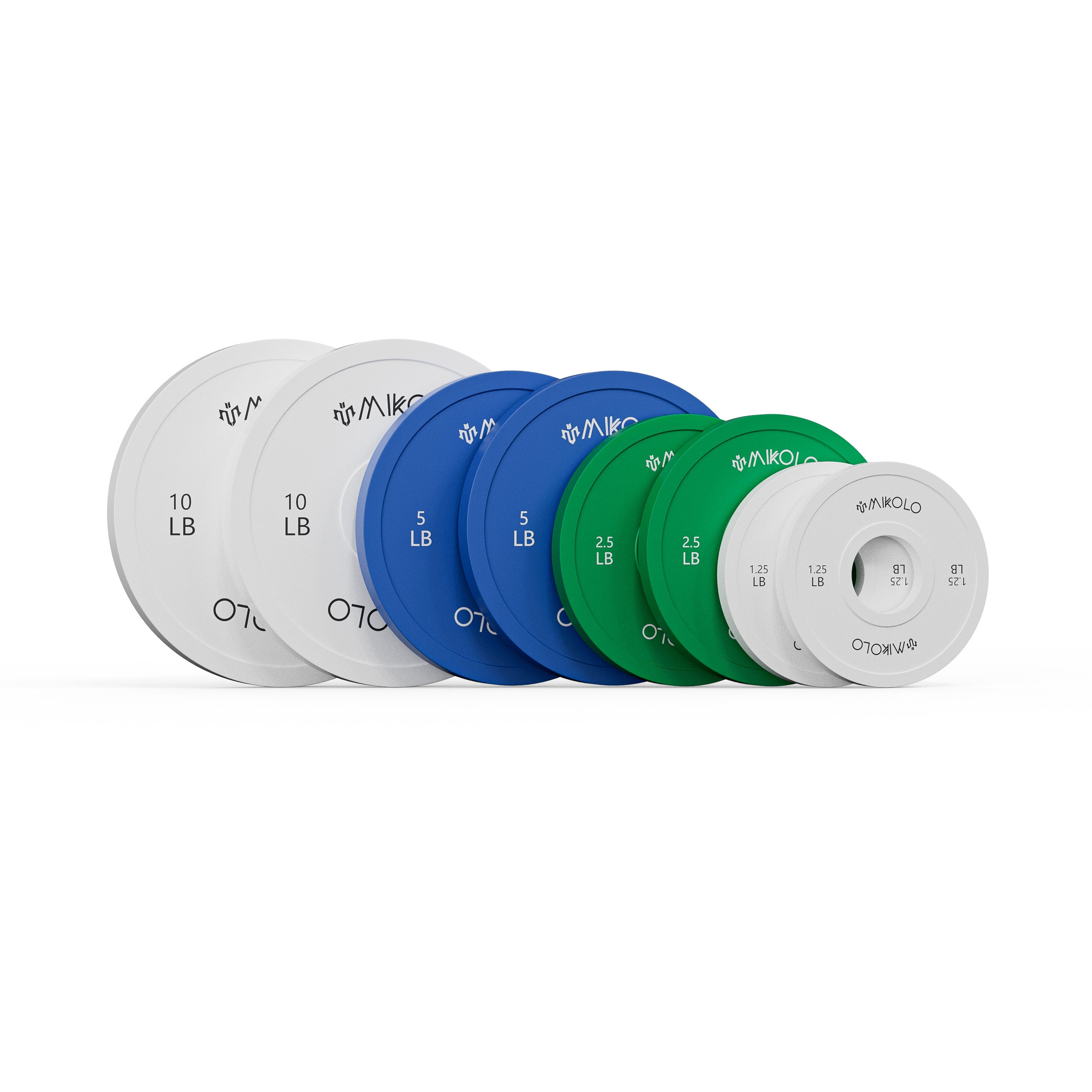

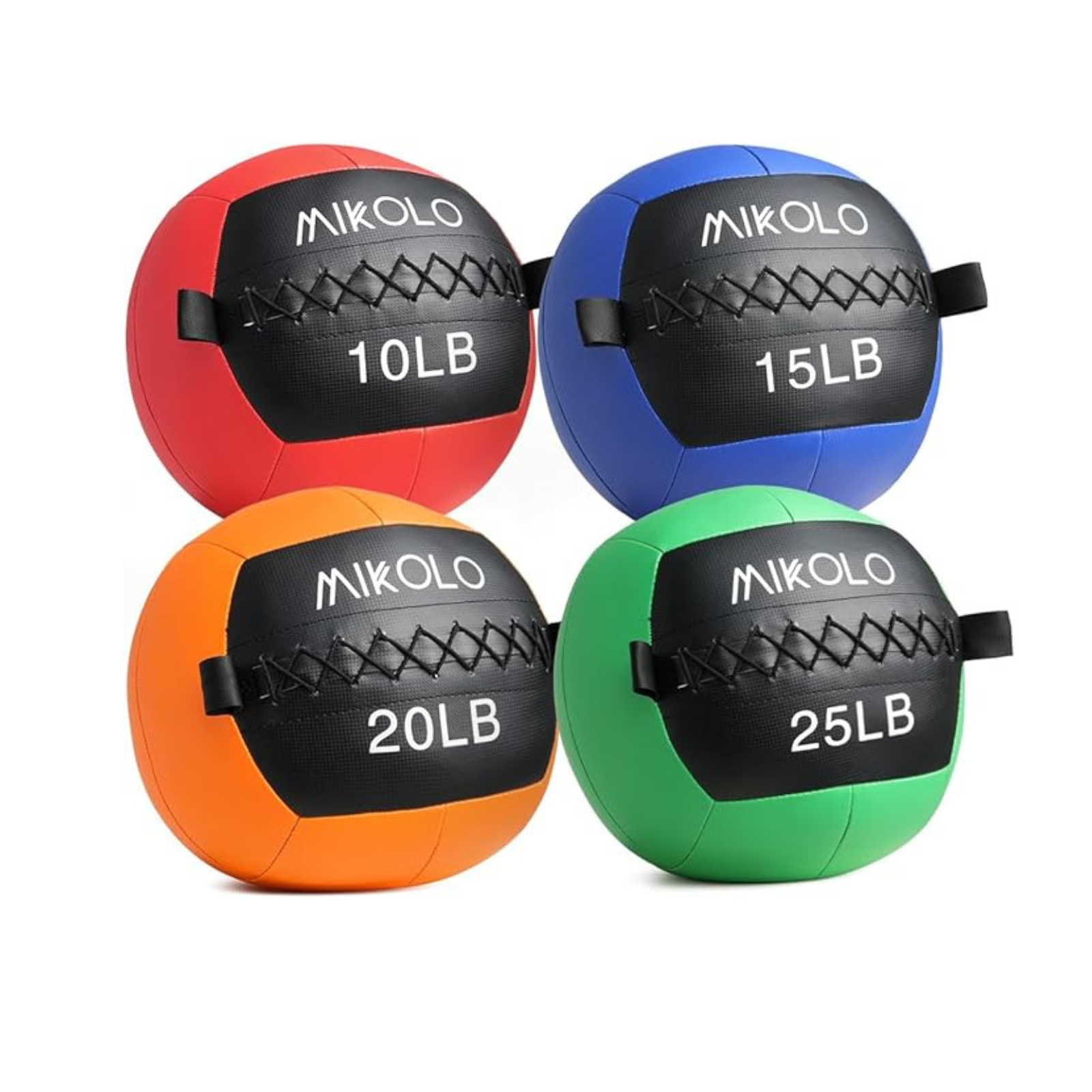
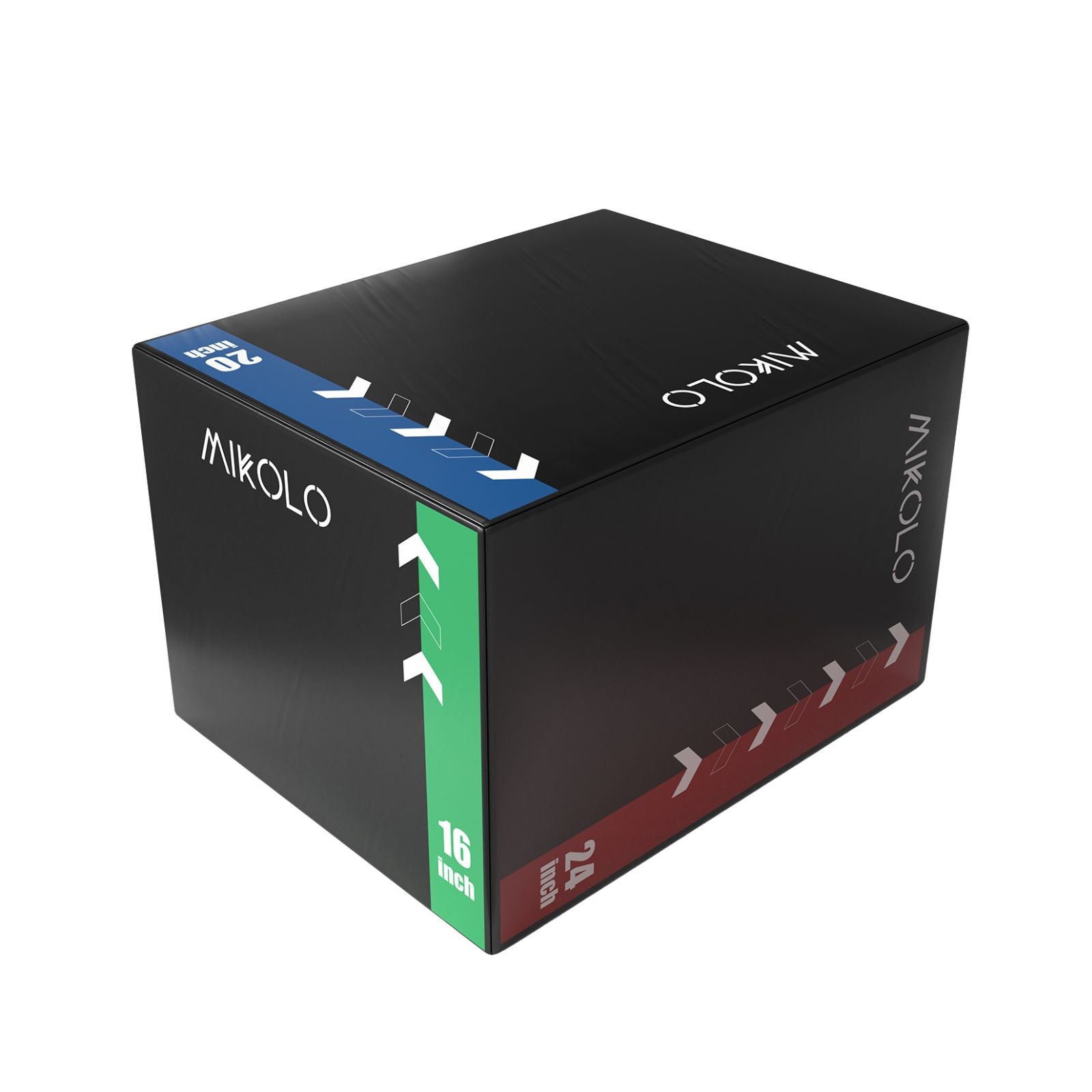






Leave a comment
This site is protected by hCaptcha and the hCaptcha Privacy Policy and Terms of Service apply.